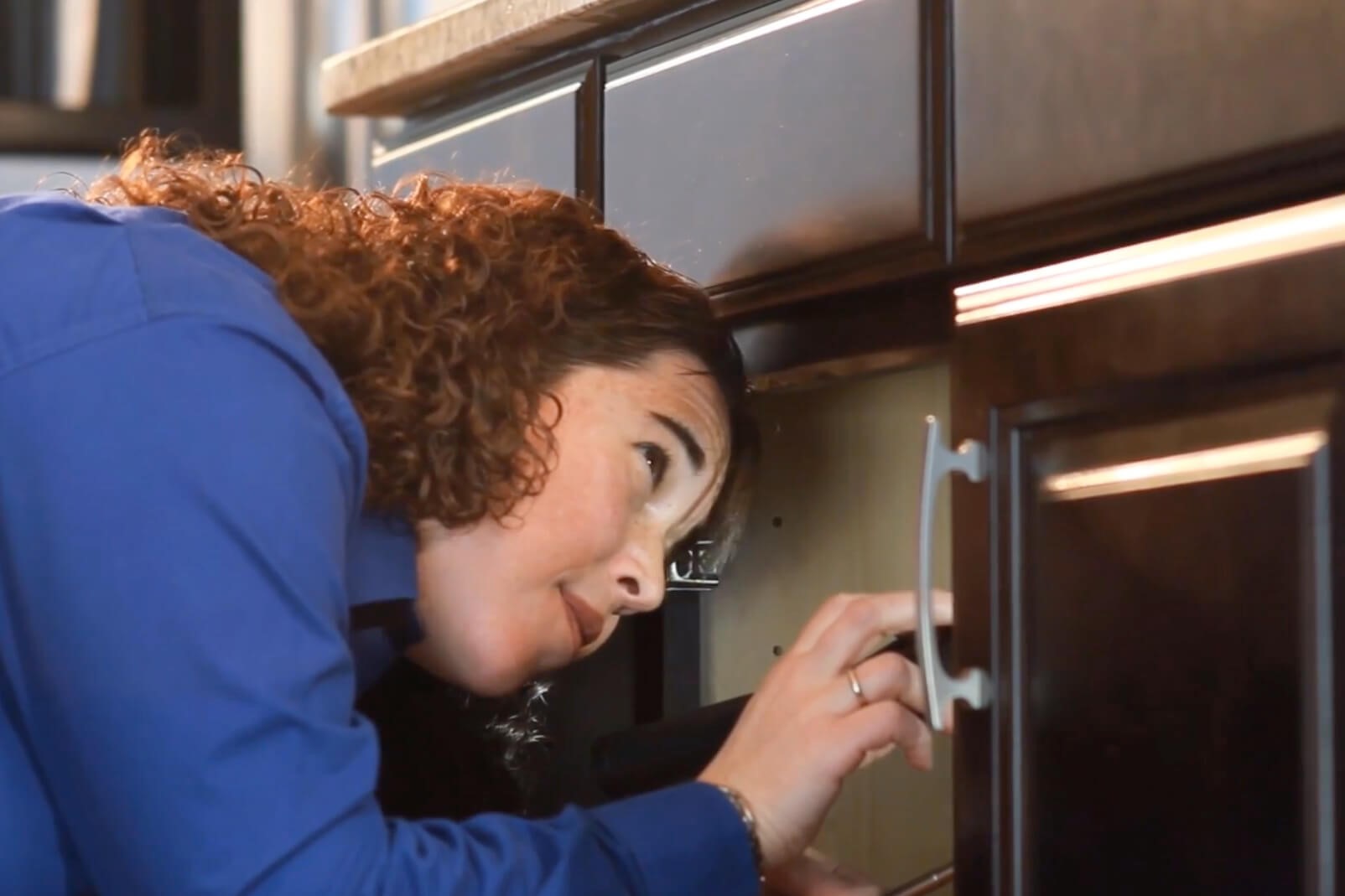
How to Choose a Career
Seven Steps to Help You in Your Search for a New Job
Choosing a job or career path can be extremely daunting, especially for those in high school or people returning to the workforce. With many possibilities, the search can be overwhelming. If you’re in need of some direction, check out these steps below to help bring your job search into focus:
1. Identify your favorite things
What are some things that bring you joy? Whatever comes to mind, just write it down, even if you’re not sure it has anything to do with a career. It’s helpful to keep the list on your phone or somewhere you can easily access it, since thoughts can strike anywhere. Over time you might notice some patterns developing that could help narrow down your preferences or help you in choosing a career.
2. identify your strengths
If you went to college, trade school or have certifications, those are great things to include. If you’re still in school, are there classes or clubs where you excel? Do you currently have a job? If so, what are some of the things you do? Write down all of those things too. Remember, most skills can be learned, so if you’re light on specific skills, don’t worry. The goal is to create a list of your strengths. Don’t forget to add soft skills to this list too: communication, time management and listening skills, as well as being responsible and a good team player are important too!
3. identify your dislikes
Arguably more important than your likes when it comes to learning how to choose a career path are your dislikes; as you don’t want to be stuck doing something you don’t like. For example, if you’re afraid of heights, becoming a pilot might not be the best fit for you. There’s a difference between disliking something and not knowing something. For example, you might not know anything about professional pest control, but if you like solving problems, working in different places and facing new challenges, it could be the right role for you.
4. Do you see any themes?
Gather all your lists and place them side-by-side. Are you noticing any themes? At this step, you should be able to rate your skills, strengths and dislikes by how important they are to you. Make note of the most important ones in each category. This is the time to narrow your lists down.
5. Can you summarize yourself?
Pay attention to those themes and ask yourself what conclusions you can draw from the lists. It can be helpful in choosing a career to think about trying to answer someone’s question of “what do you want to do.” You might not know the specific job, but you do know you like working with people, are good at math, but don’t like presenting in front of large groups, for example. Ask a loved one you trust if they agree with your summary. Sometimes they can add some ideas to your summary. At the end of the day, it’s your life, so go with what feels right for you.
6. what information can you learn from career sites?
Sites like PestControlJobs.com and the Department of Labor’s MyNextMove.org are great places to search those themes and learn more about different career paths. They provide summaries, salary information and whether you’ll need any additional education to get into the career. For example, someone who finds that they like hands-on work, problem-solving and interacting with people might love being a professional pest control technician.
Here at PestControlJobs.com, you can learn all about the different career paths in professional pest control. Maybe you’d rather work at a desk, but love helping customers. An administrative customer service representative may be the role for you.
7. can you find people currently doing jobs you're interested in?
LinkedIn is a great way to connect with people in different industries. If you don’t personally know someone in an industry you’re interested in exploring, sending a message asking to briefly chat to learn more and including two or three questions is a good place to start. Many times, the connection can help connect you with others in the industry too.
As you can see, the best way to learn how to find a career that’s right for you is to be open to new ideas. There are no right or wrong answers, and as you grow, your interest, skills, likes and dislikes might change. That’s normal! Be open to learning more, both about yourself and others. A great place to do that is here! Our career paths page gives real-world examples of roles you never considered in professional pest control. Now is the time to take charge and learn more!
If you’re ready to find a new job now, check out our job board.



